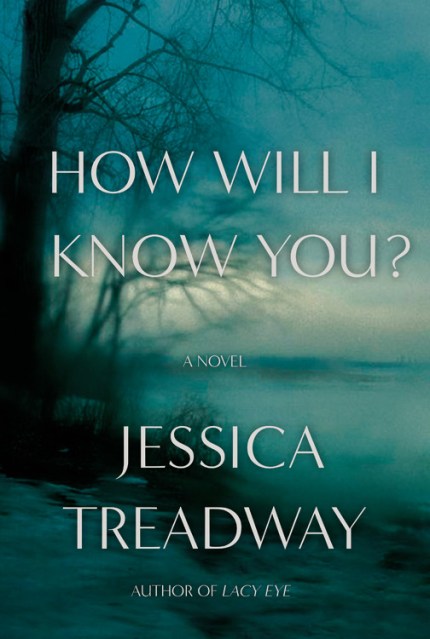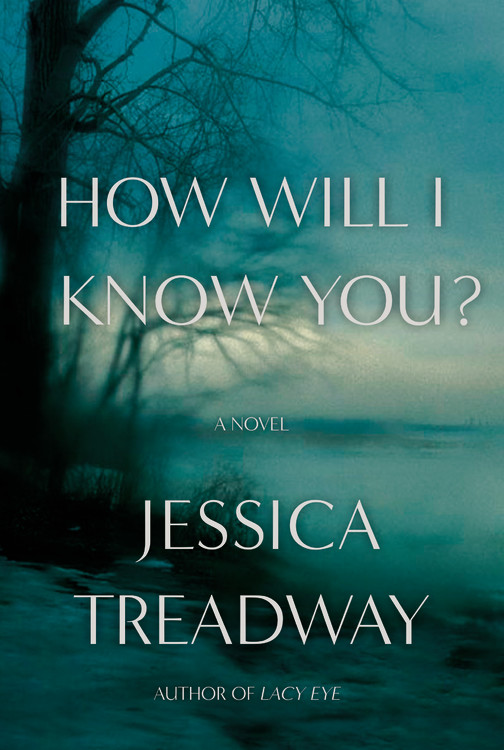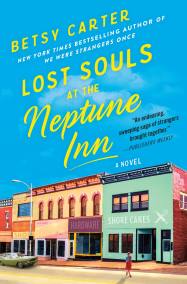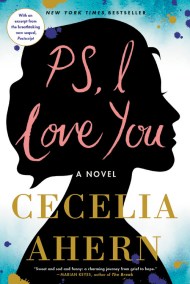By clicking “Accept,” you agree to the use of cookies and similar technologies on your device as set forth in our Cookie Policy and our Privacy Policy. Please note that certain cookies are essential for this website to function properly and do not require user consent to be deployed.
How Will I Know You?
A Novel
Contributors
Read by Ryan Vincent Anderson
Formats and Prices
- On Sale
- Dec 6, 2016
- Publisher
- Hachette Audio
- ISBN-13
- 9781478927198
Format
Format:
- Audiobook Download (Unabridged)
- ebook $9.99 $12.99 CAD
This item is a preorder. Your payment method will be charged immediately, and the product is expected to ship on or around December 6, 2016. This date is subject to change due to shipping delays beyond our control.
Buy from Other Retailers:
A People Magazine “Book of the Week.”
“Jessica Treadway draws her characters into an impossible knot and then expertly teases apart…kept me up half the night.” — Ann Patchett, New York Times bestselling author of Commonwealth
Fans of Reconstructing Amelia will love this pulse-pounding novel of mystery, betrayal, and a small town’s dark secrets. On a cold December day, the body of high school senior Joy Enright is discovered in the woods at the edge of a frozen pond. Her death looks like a tragic drowning accident at first, but an autopsy reveals something sinister — the teenager’s body shows unmistakable signs of strangulation. The discovery upends an otherwise uneventful small town, as police grapple with a rare homicide case and those closest to Joy wonder how she could have been taken from them — and by whom. Susanne, Joy’s mother, tries to reconcile past betrayals with their wrenching consequences. Martin, an African-American graduate student, faces ostracism when blame is cast on him. Tom, a rescue diver and son-in-law of the town’s police chief, doubts both the police’s methods and his own perceptions. And Harper, Joy’s best friend, tries to figure out why she disappeared from Harper’s life months before she actually went missing.
In a close-knit community where everyone knows someone else’s secret, it’s only a matter of time before the truth is exposed. In this gripping novel, author Jessica Treadway explore the ways in which families both thrive and falter, and how seemingly small bad choices can escalate – with fatal consequences.
Genre:
-
"Jessica Treadway draws her characters into an impossible knot and then expertly teases it apart. The question of what really happened to Joy kept me up half the night."Ann Patchett, New York Times bestselling author of State of Wonder
-
"Treadway combines intense suspense with a smart take on 21st-century adolescence, parenting and justice."People, "Book of the Week"
-
"Sometimes a book pulls you in so deep that it's hard to let go. HOW WILL I KNOW YOU? is such a book. A mystery story, yes, but more than that, a compassionate, wise study of humans under pressure. I read furiously to find out the truth about the central crime, and I read slowly to savor Treadway's many stunning insights. A wondrous book!"-Robin Black, author of Life Drawing and If I Loved You, I Would Tell You This
-
"An amazingly written and intense novel, an outstanding thriller with a wonderful plot and memorable characters."BookReporter
-
"In this exceptional novel by Treadway, no one is safe from the secrets and lies that prevail in the small town where Joy's body is found...[Treadway's] ability to define meaningful characters stands out, and the ending is a shock."RT Book Reviews
Newsletter Signup
By clicking ‘Sign Up,’ I acknowledge that I have read and agree to Hachette Book Group’s Privacy Policy and Terms of Use







